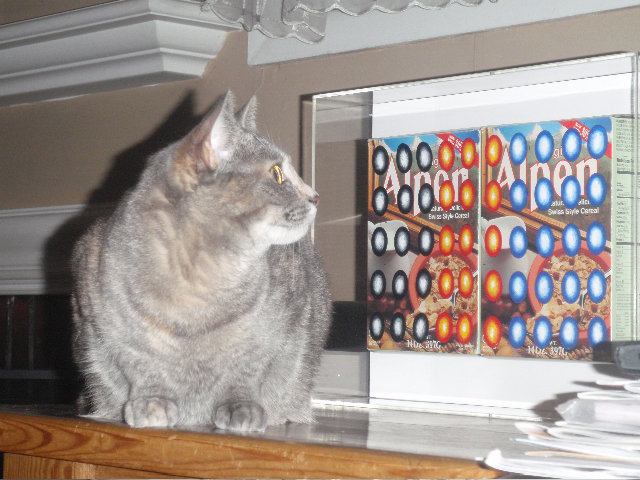We can't go back in time and strangle baby Hitler but there's a possibility that Mark Zuckerberg's fake cryptocurrency can still be stopped.
Banking on Surveillance is a "black paper" [PDF] giving all the reasons why Facebook money is a bad idea:
The Libra project poses three overarching, interrelated threats: (1) mass surveillance of Libra users and business partners, (2) hazardous arbitrage of the financial regulatory system, and (3) the concerted encroachment of Facebook and its partners into the financial services sector, which would violate the traditional separation between commerce and banking, and deepen corporate economic and political dominance.
A few years ago it seemed that people were moving on from Facebook. Yet according to the paper,
Around two-thirds of people in the United States use Facebook, three-quarters of us [ouch -tm] on a daily basis. Overall, Facebook accounts for 77% of mobile social networking traffic in the country.
Facebook always had a knack for inflating its monthly user count but those numbers above are still frightening. That's power, like it or not. It would be nice to know how many of the 25% who haven't joined the borg are skeptics, versus unwashed clods. In other words, how many are consciously opting to starve baby Hitler. Their (OK, our) actions, if recognized and imitated, could ultimately be much more effective than legislation or inter-agency government oversight.


